
Life Matters | Dec 19,2021
For the first time since Prime Minister Abiy Ahmed (PhD) was sworn in for a five-year term in office, he was back in Parliament early last week to answer questions from MPs. The period in between had been marked by one of the most consequential, if not disconcerting, episodes in the civil war, death, suffering, runaway inflation, drought and massive displacements. It was followed by a moment of respite with a semblance of calm. The Diaspora homecoming campaign and the African Union summit helped give a sense of normalcy, albeit precarious. Parliamentarians' questions to the Prime Minister on Tuesday, February 22, 2022, reflected these.
The Prime Minister conceded that the economy had been impacted by a convergence of events, from the war in the north to COVID-19 and the drought in the south and eastern parts of the country. With over 18 million people receiving at least one dose of the vaccine, the pandemic seems to be receding. However, the drought has devastated livelihoods in the mostly pastoralist areas where it is occurring, though assistance is ramping up, including the World Bank's 64 million dollars in emergency assistance to the Somali Regional State. The civil war is another matter as it continues to see the many, and the humanitarian impact worsens. But the Prime Minister did not rule out a negotiated settlement with his arch-enemies.
“True triumph necessitates victory in peace,” he told parliamentarians.
Prime Minister Abiy was exuberant in his view of the prospect of the economy; he told MPs it would see better days than what has transpired over the past year. Neither the Prime Minister nor his senior macroeconomic advisors have addressed the issue of the source of growth. Where does growth come from? What will drive the growth in GDP they projected? This year, the budget deficit is forecasted to reach four percent of the GDP, partly due to the 122 billion Br supplementary budget approved last month. The government is in a desperate battle to close the gap using treasury bills in the bond market to avoid printing money. Pundits see it as unavoidable. The foreign currency crisis also continues unabated, with the import bill for essential items such as fuel, fertiliser and wheat doubling. The most worrying macroeconomic indicator is inflation. At 34.5pc last month, it led to a rise in the cost of living not seen in about a decade. The possibility of deficit financing as a cause was sidestepped, instead blaming hoarding, COVID-19 and poor supply chains.
PUBLISHED ON
Feb 26,2022 [ VOL
22 , NO
1139]

Life Matters | Dec 19,2021

My Opinion | Sep 19,2020
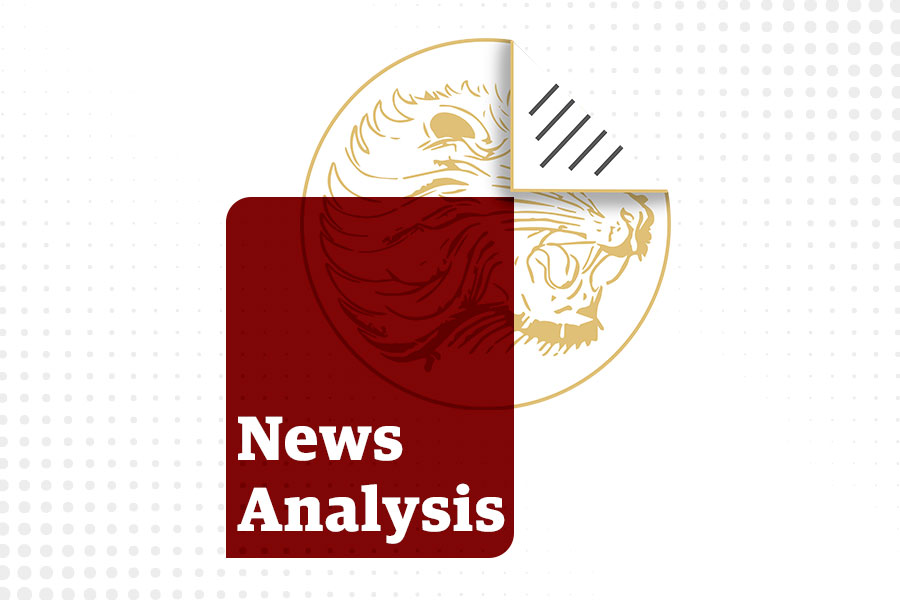
News Analysis | Aug 28,2021
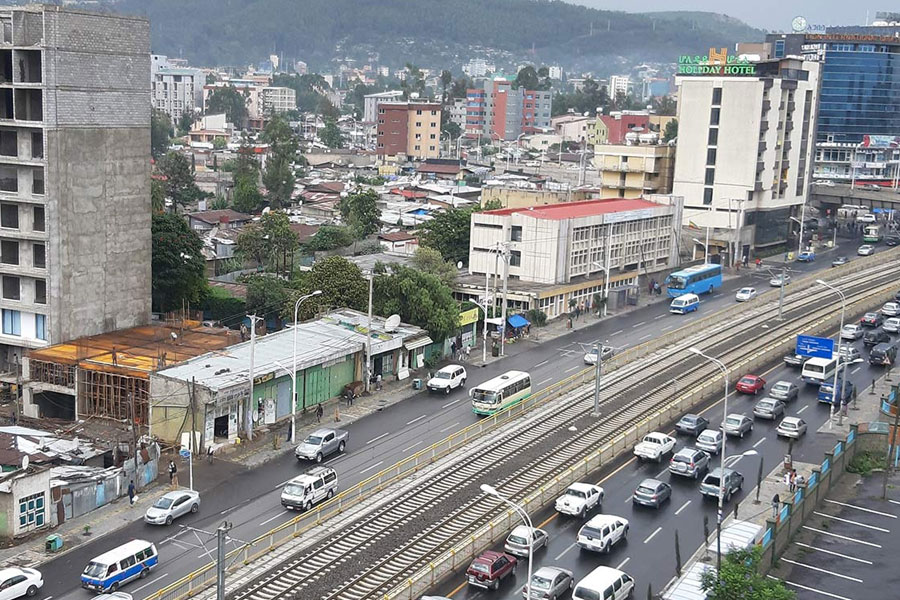
Fortune News | Jul 03,2021
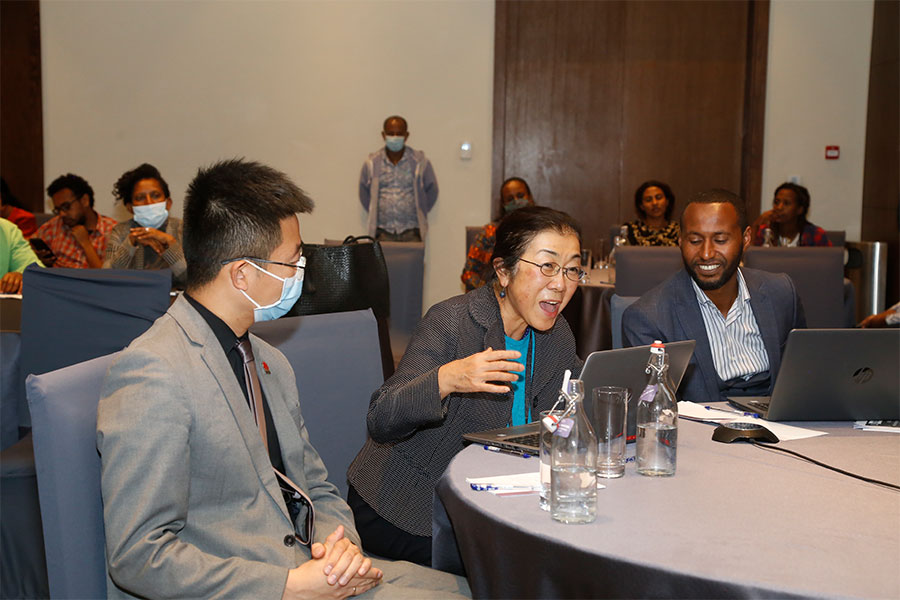
Radar | Nov 27,2021
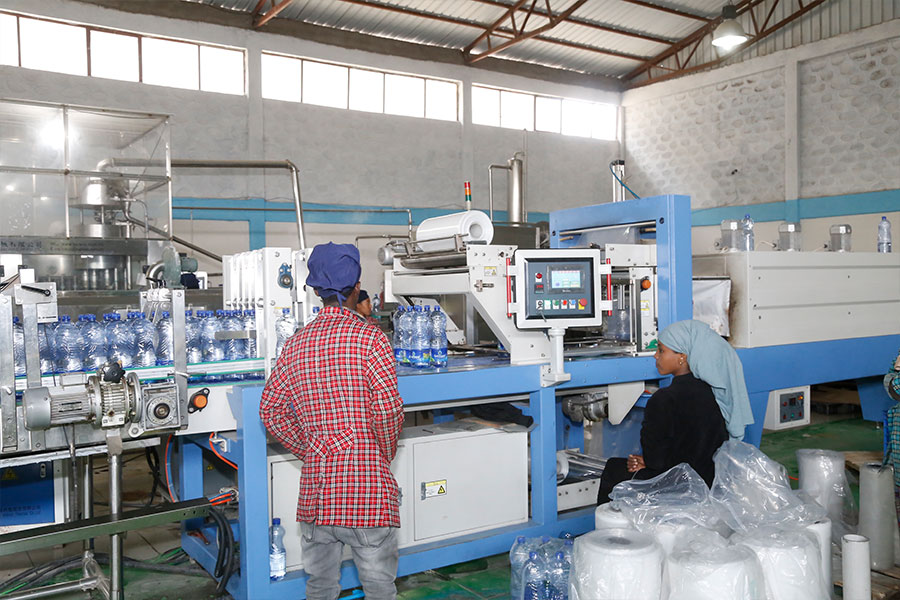
Agenda | Apr 02,2022

Life Matters | Oct 30,2022

Radar | Jun 12,2021

Editorial | May 15,2021
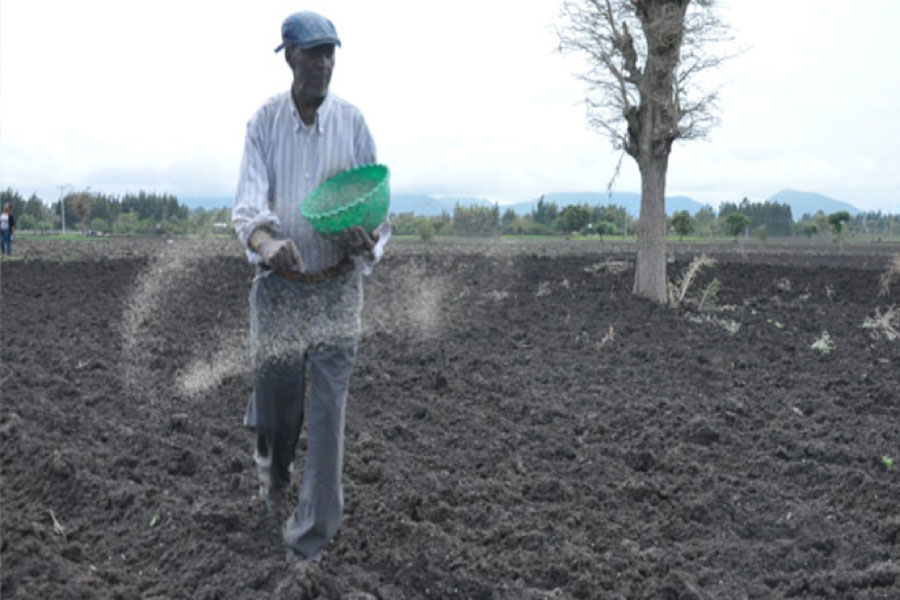
Fortune News | Dec 11,2021

Dec 22 , 2024 . By TIZITA SHEWAFERAW
Charged with transforming colossal state-owned enterprises into modern and competitiv...

Aug 18 , 2024 . By AKSAH ITALO
Although predictable Yonas Zerihun's job in the ride-hailing service is not immune to...

Jul 28 , 2024 . By TIZITA SHEWAFERAW
Unhabitual, perhaps too many, Samuel Gebreyohannes, 38, used to occasionally enjoy a couple of beers at breakfast. However, he recently swit...

Jul 13 , 2024 . By AKSAH ITALO
Investors who rely on tractors, trucks, and field vehicles for commuting, transporting commodities, and f...

Jul 12 , 2025
Political leaders and their policy advisors often promise great leaps forward, yet th...

Jul 5 , 2025
Six years ago, Ethiopia was the darling of international liberal commentators. A year...

Jun 28 , 2025
Meseret Damtie, the assertive auditor general, has never been shy about naming names...

Jun 21 , 2025
A well-worn adage says, “Budget is not destiny, but it is direction.” Examining t...